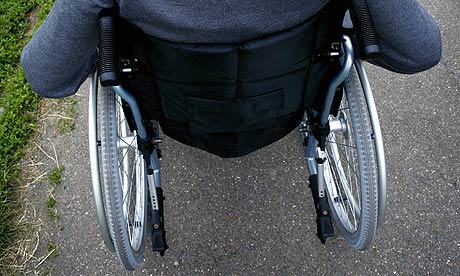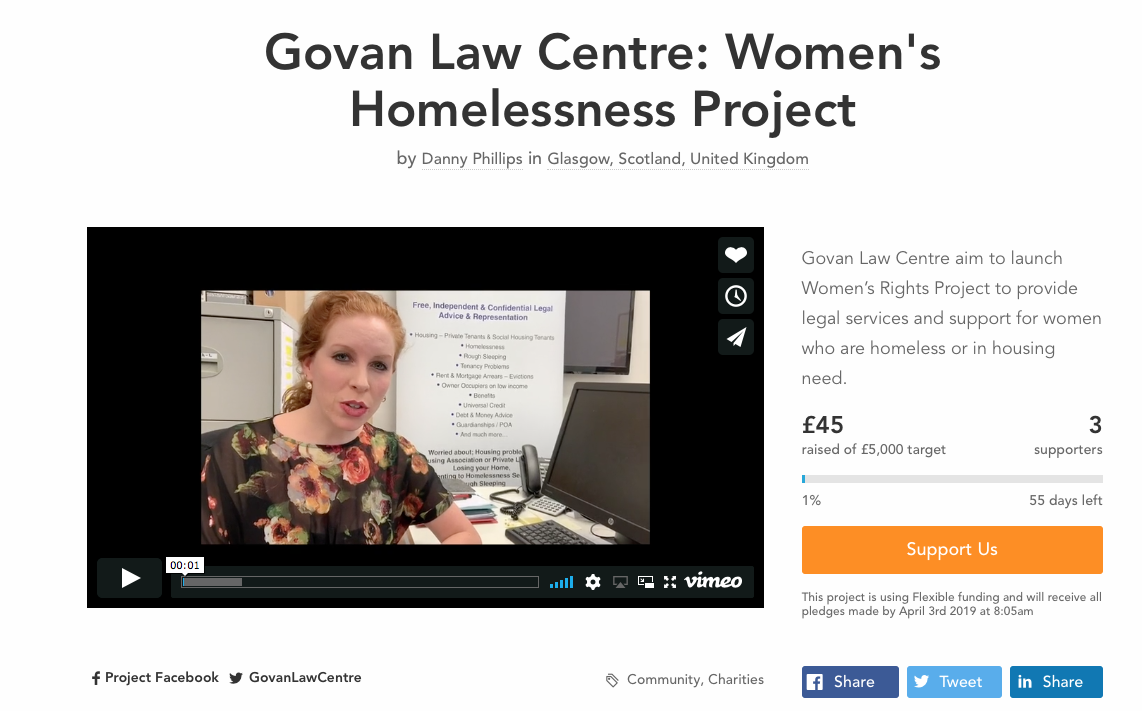 As many media outlets report today, the Scottish Parliament is to be given new devolved powers to remove the cap on Discretionary Housing Payments (DHPs), with many commentators suggesting this will mean "the bedroom tax will be scrapped in Scotland". Sadly, that is not the case.
As many media outlets report today, the Scottish Parliament is to be given new devolved powers to remove the cap on Discretionary Housing Payments (DHPs), with many commentators suggesting this will mean "the bedroom tax will be scrapped in Scotland". Sadly, that is not the case.The reality is many local authorities across Scotland 'means test' DHPs, which perversely results in severely disabled tenants being excluded from DHPs because their disability benefits are taken into account when their disposable income is assessed. Why should disabled tenants have to pay the bedroom tax from their disability benefits? Govan Law Centre (GLC) believes this is wrong, both as a matter of legal principle and in terms of fairness.
For example, this week in GLC's two successful bedroom tax First Tier Tribunal appeals, both tenants had been refused DHPs by their local authority because they were in receipt of Disability Living Allowance.
Why should Scottish local authorities stop taking disability benefits into account when assessing eligibility for DHPs?
We can do no better than quote Lord Justice Maurice Kay from the leading English Court of Appeal case of Burnip and others v. The Secretary of State for Works and Pensions [2012] EWCA Civ 629 (at para 45):

"First, I think it is necessary to draw a clear distinction between the benefits which Mr Burnip was entitled to claim for his subsistence, and those which he was entitled to claim in respect of his housing needs. His incapacity benefit and disability living allowance were intended to meet (or help to meet) his ordinary living expenses as a severely disabled person. They were not intended to help with his housing needs ... It would therefore be wrong in principle, in my judgment, to regard Mr Burnip's subsistence benefits as being notionally available to him to go towards meeting the shortfall between his housing- related benefits and the rent he had to pay".
Disabled people need disability benefits to meet their extra living costs by reason of their disability. Taking disability benefits into account as disposable income is wrong as a matter of not just legal principle but also as a matter of basic fairness and equity.
GLC is calling upon the Scottish Government to work with the UK Government to make sure it has the power not only to set the cap for DHPs, but if it wants to scrap the bedroom tax it has to ensure it has the power to require all local authorities in Scotland to stop excluding severely disabled tenants from DHPs because they receive disability benefits.
















